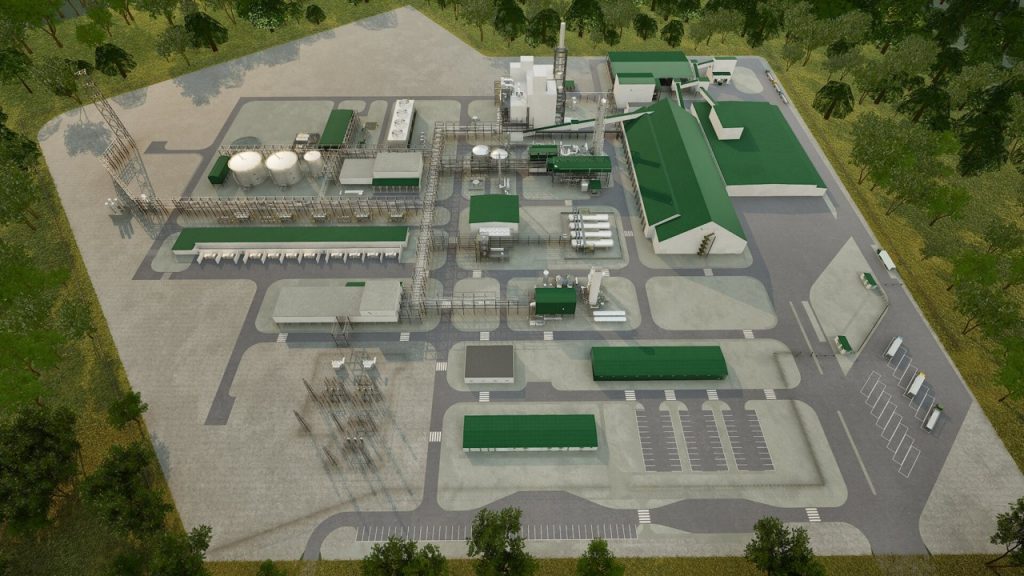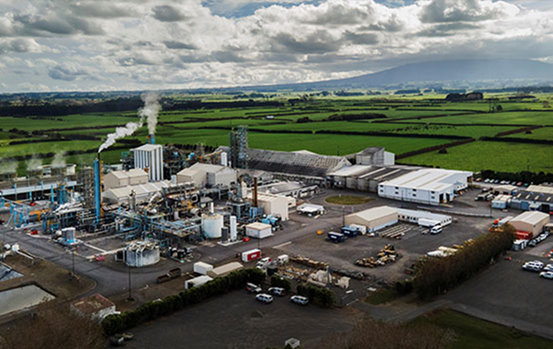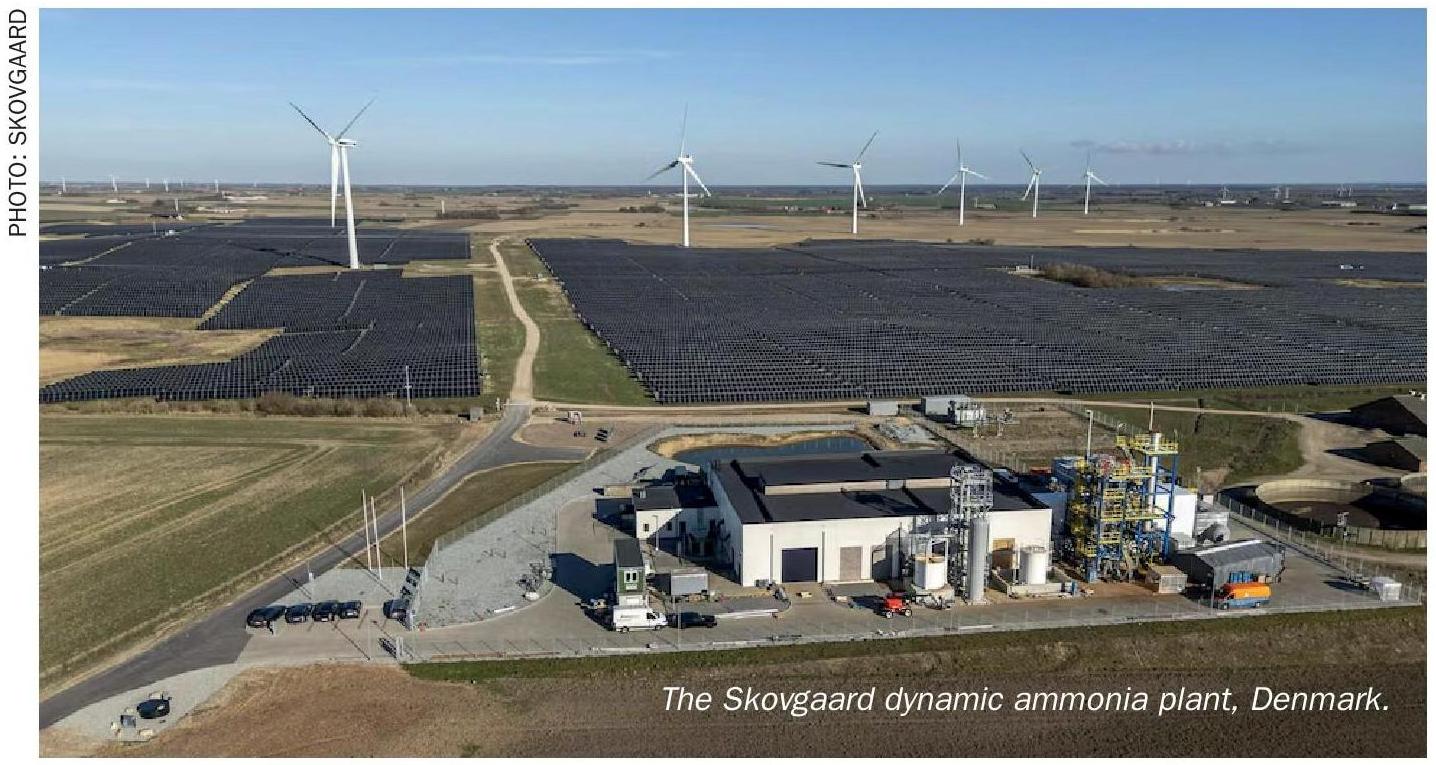Fertilizer International 529 Nov-Dec 2025

21 November 2025
Yara seals Villeta project offtake agreement
ATOME has signed a definitive offtake agreement with Yara International for its Villeta project in Paraguay.
This commits Yara to purchase the entire 260,000 tonnes per annum of low-carbon fertilizers produced by the renewable-powered project for a minimum of 10 years. These will be sold though Yara’s strong market distribution network in South America.
The Villeta project plans to produce low-carbon calcium ammonium nitrate (CAN) fertilizer at scale from green ammonia. The project will run on hydropower-sourced renewable electricity and is being financed without subsidies or grants.
Through the offtake agreement, ATOME will benefit from Yara’s ability to market and commercialise low-carbon fertilizers. As a first-mover in this market, Yara is selling low-carbon fertilizers directly into the agricultural supply chains of the world’s largest food and beverage companies.
ATOME views the definitive offtake agreement as the last commercial milestone before moving to a final investment decision (FID) later this year. The developer is working to secure and finalise the finance for the $630 million Villeta project, with construction expected to start in the fourth quarter of 2025.
Casale signed a $465 million lump-sum engineering, procurement and construction (EPC) contract for the project in April this year (Fertilizer International 526, p8). This followed the announcement of Hy24 as the anchor equity investor in February (Fertilizer International 525, p10)
Situated at the heart of Mercosur, the world’s largest fertilizer import market, Villeta is a first-of-its-kind project in the region with the Argentinian and Brazilian markets on its doorstep.
ATOME hopes the project will ‘disrupt’ the world’s largest food-exporting region and end its heavy reliance on imported fertilizers. As these are mostly produced by carbon-intensive processes in Russia and China, their substitution with Villeta’s low-carbon fertilizers should help advance both food security and climate goals regionally, says ATOME.
“ATOME is pleased to sign this definitive and final offtake agreement with Yara, the global leader in crop nutrition. We know that making the switch to low-carbon fertiliser is one of the most effective ways to reduce food production emissions. The agreement with Yara is an important validation of our commercial model, underpinned by the market case for the world’s biggest food and beverage producers to urgently address agricultural emissions in their supply chains,” said Terje Bakken, ATOME’s Director for Ammonia and Fertiliser Markets.





